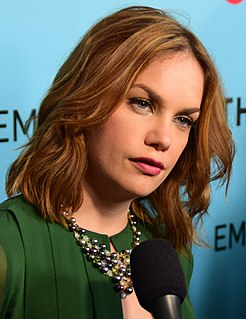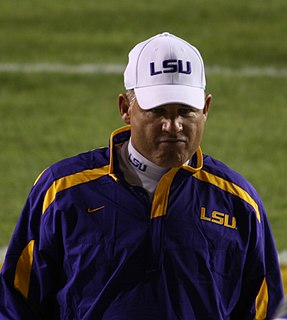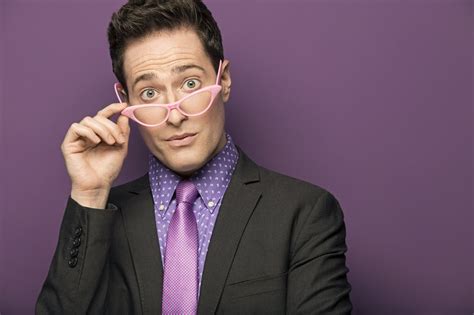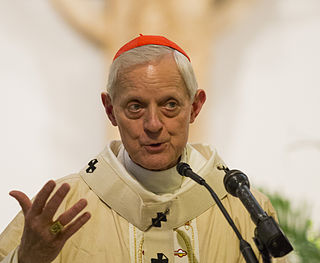A Quote by Elif Batuman
The novel tradition is the closest thing I have to a religion, and being a part of that tradition means a lot to me. I don't really see - I never have seen - why I should have to forfeit that feeling, or hope, of belonging, just because the stories I want to tell are close to my own experience.
Related Quotes
The communal experience of sharing something, and being part of it, and watching something visually striking, that's what film is all about. Seeing everything on a big screen, and to be able to see something phenomenal in that way, and being moved by it. We have kind of lost the tradition of that, and we're not nurturing the next generation in that tradition, and maybe that's why they're not turning up.
If you're writing a book where you want to make a positive truth claim, then you should absolutely call it nonfiction or memoir. If you don't want to make that claim - if that's not what's important to you; if you're more interested in storytelling and interiority and interpersonal relationships than in objective, checkable facts about the world - then why wouldn't you call it a novel, and take advantage of what that gets you, of the extra freedom, of belonging to the tradition of the novel?
The urge to break with a tradition is only appropriate when you're dealing with an outdated, troublesome tradition: I never really thought about that because I take the old-fashioned approach of equating tradition with value (which may be a failing). But whatever the case, positive tradition can also provoke opposition if it's too powerful, too overwhelming, too demanding. That would basically be about the human side of wanting to hold your own.
I have a little tradition that humbles me as a man that lets me know I'm a part of the field and a part of the game, and it's the very bottom as well as the very top. Yeah, it's going to be all over the internet. You know what? You should've seen some games before this. I'll tell you one thing, the grass at Tiger Stadium tastes best.
I embraced Hinduism because it was the only religion in the world that is compatible with National Socialism. And the dream of my life is to integrate Hitlerism into the old Aryan Tradition, to show that it is really a resurgence of the original Tradition. It's not Indian, not European, but Indo-European. It comes from back to those days when the Aryans were one people near the North Pole. The Hyperborean Tradition.
I really wasn't raised with much religion. I mean we practice kind of the basic tradition, but for me it was always more of a cultural thing and that's a part of me and my ancestry that I always loved. I mean, I think that a lot of my humor is 'Jewish humor' at its root. And so culturally I love that part of myself.
What is literary tradition? What is a classic? What is a canonical view of tradition? How are canons of accepted classics formed,and how are they unformed? I think that all these quite traditional questions can take one simplistic but still dialectical question as their summing up: do we choose tradition or does it choose us, and why is it necessary that a choosing take place, or a being chosen? What happens if one tries to write, or to teach, or to think, or even to read without the sense of a tradition? Why, nothing at all happens, just nothing.
Does people not asking me about Asian American literature mean they don't see it as its own literary tradition? I certainly believe in it as its own literary tradition, because your race plays a great factor in how you are seen by the world, and how you see the world; the fact that I'm an Asian American isn't incidental to who I am as a writer. Where it becomes difficult is defining what, if anything identifiable at all, makes an Asian American book an Asian American book, other than the fact of its creator being Asian. And I'd argue that there is nothing identifiable beyond that.
I've carried on, in that same tradition, with my kids. Aside from just his brilliance, in my estimation, I think he had one of the great imaginations of the 20th century. One of the reasons why the tradition carries on, all these years later, is because, as a parent, those are the books that you go to and pull off the shelf because they never stop delighting you.
I grew up in a very religious family, so that was never going to leave me. I just accepted it over the years. Although I'm not religious myself, it is so much a part of me. It's a part of my history, a part of my tradition and my culture, so I don't want to just throw it away and leave it behind, because it's made me who I am today.


































